Scythian gold returns to Ukraine
The Allard Pierson Museum in Amsterdam has handed over artefacts belonging to four Ukrainian museums in Russian-occupied Crimea to the National Museum of the History of Ukraine in Kyiv. The treasures had been shown in an exhibition entitled "Crimea: Gold and Secrets of the Black Sea" and stored in the Netherlands for almost 10 years. This was announced by the National Museum of the History of Ukraine, where the Scythian gold will remain until Crimea is liberated.
"Crimean treasures have come back to Ukraine from the Netherlands! After almost 10 years of legal action, artefacts from four Crimean museums which were shown in the 'Crimea: Gold and Secrets of the Black Sea' exhibition in Amsterdam have made their way back to Ukraine," the museum said.
Advertisement: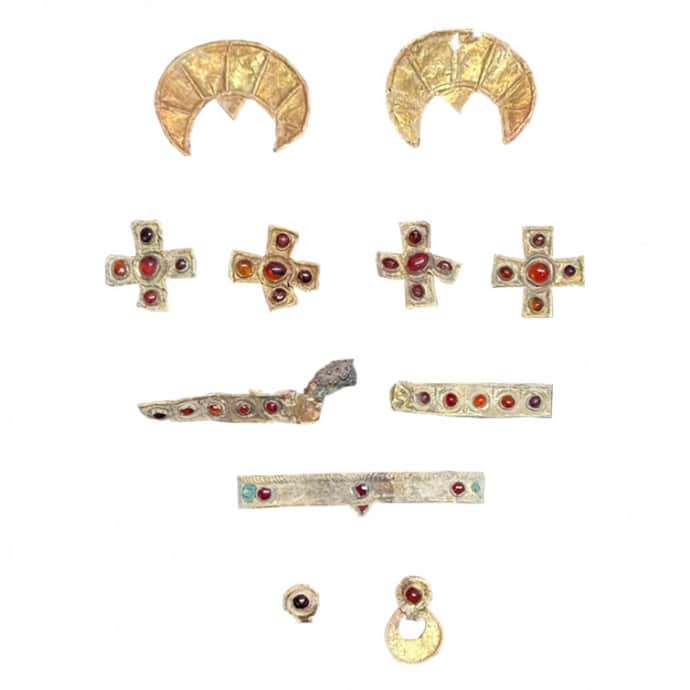 PHOTO: THE NATIONAL MUSEUM OF THE HISTORY OF UKRAINE
PHOTO: THE NATIONAL MUSEUM OF THE HISTORY OF UKRAINE
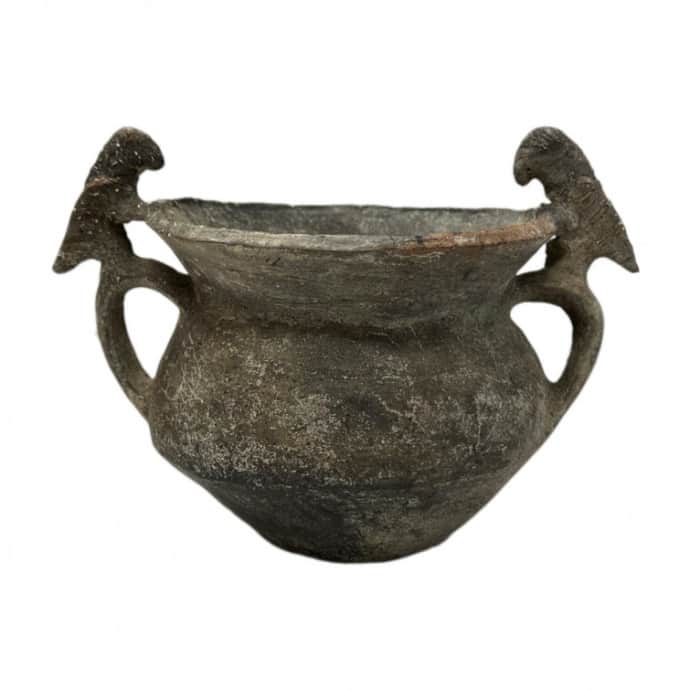 PHOTO: THE NATIONAL MUSEUM OF THE HISTORY OF UKRAINE
PHOTO: THE NATIONAL MUSEUM OF THE HISTORY OF UKRAINE
Fedir Androshchuk, Director General of the National Museum of the History of Ukraine, said the institution would make every effort to preserve the recovered items. "During the legal disputes, our museum was designated as the place where the artefacts belonging to the Crimean museums should be stored. Therefore, the museum will make every effort to preserve them and to ensure that Ukrainian citizens and visitors to Ukraine can see them," Androshchuk emphasised.
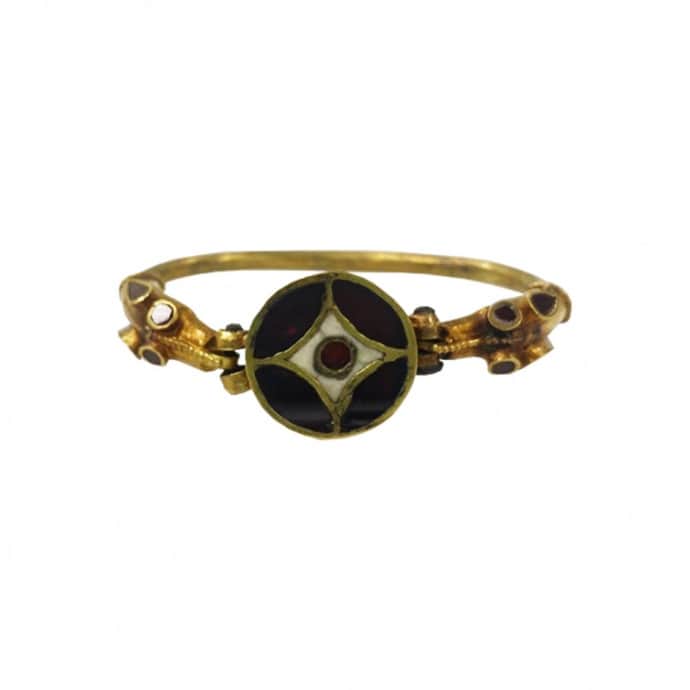 PHOTO: NATIONAL MUSEUM OF THE HISTORY OF UKRAINE
PHOTO: NATIONAL MUSEUM OF THE HISTORY OF UKRAINE
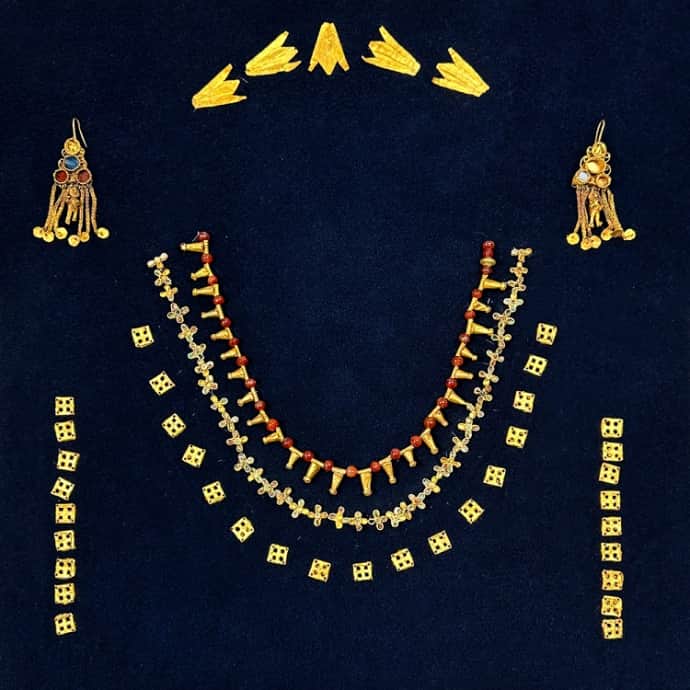 PHOTO: NATIONAL MUSEUM OF THE HISTORY OF UKRAINE
PHOTO: NATIONAL MUSEUM OF THE HISTORY OF UKRAINE
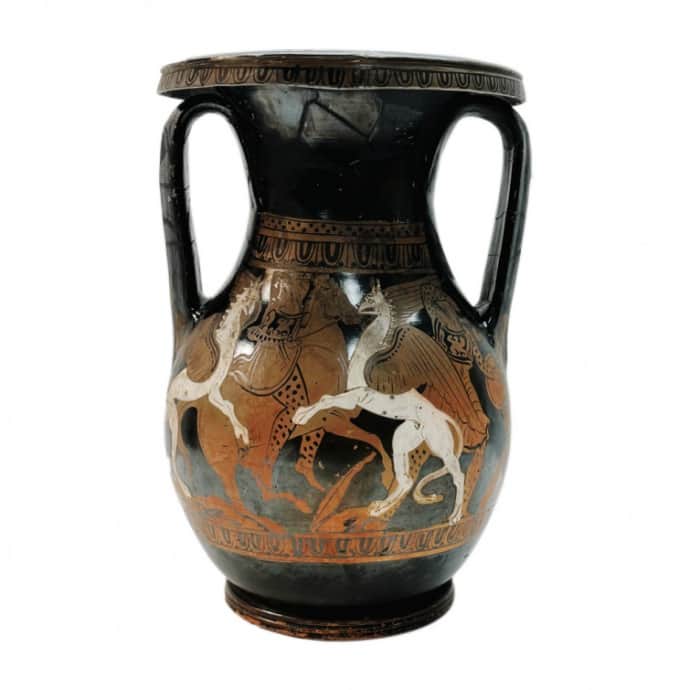
Androshchuk also stressed that since the collection's fate has gained international political resonance, its condition is now under international scrutiny: "This, in turn, places responsibility on all those who stood behind the political decision to move the collection back to war-torn Ukraine.
They must provide it with unprecedented protection and provide appropriate economic support to the National Museum of the History of Ukraine."
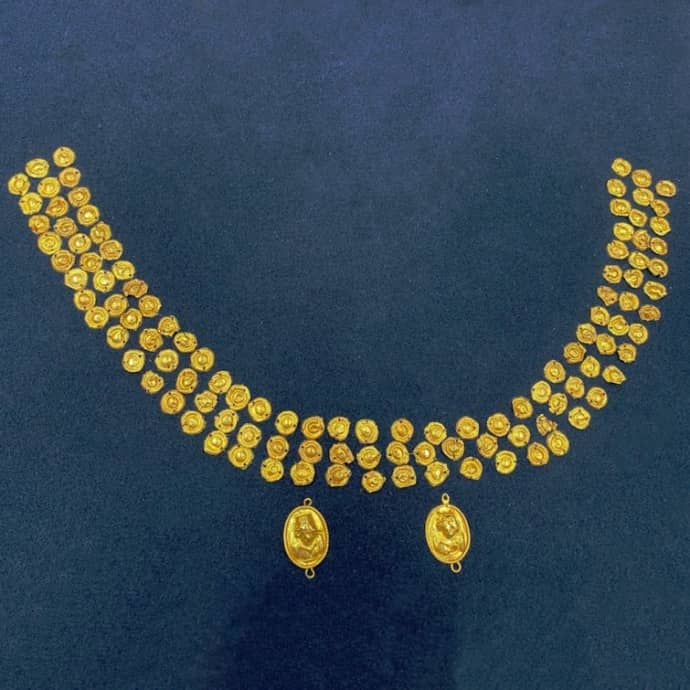 PHOTO: NATIONAL MUSEUM OF THE HISTORY OF UKRAINE
PHOTO: NATIONAL MUSEUM OF THE HISTORY OF UKRAINE
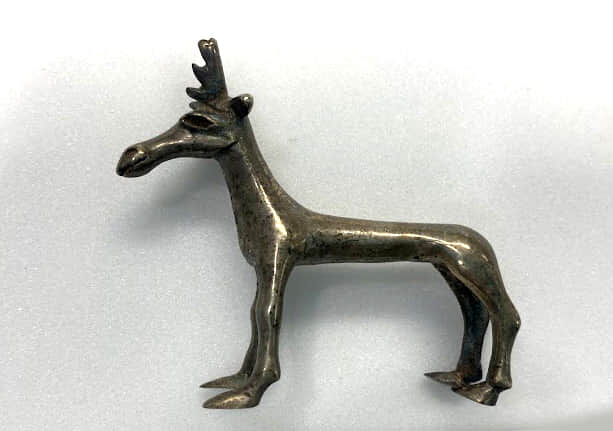 PHOTO: NATIONAL MUSEUM OF THE HISTORY OF UKRAINE
PHOTO: NATIONAL MUSEUM OF THE HISTORY OF UKRAINE
The museum said a total of 565 objects have been recovered, including antique sculptures, Scythian and Sarmatian jewellery, and Chinese lacquer boxes dating back 2,000 years. The Crimean museums' artefacts were independently inspected in November, meticulously packed according to museum rules, and then transported to Kyiv. Ukraine's State Customs Service reported that it had started customs clearance of the Scythian gold and posted a video of it being transported by lorry to the Kyiv-Pechersk Lavra (Kyiv's Monastery of the Caves).
"A lorry carrying 2.7 tonnes of cultural treasures known as 'Scythian gold' has now entered the territory of the Kyiv-Pechersk Lavra, where customs officers will identify the valuables in the Treasury of the National Museum of the History of Ukraine," customs officials said.
??? ??????? ????????? ????? ?????????? > ?'????? ?? ????????? ?????-?????????? ?????, ?? ? ????????? ????????????? ????? ??????? ??????? ???????? ????????????? ??????? pic.twitter.com/6WWKGxyNlb
-- ???????? ????? ?????? ??????? (@UkraineCustoms) November 27, 2023How the Scythian gold made its way back to Ukraine
In 2013, the state-run Bonn museum LVR-Landes opened an exhibition entitled Crimea: Gold and Secrets of the Black Sea (De Krim. Goud en geheimen van de Zwarte Zee).
The exhibition was arranged jointly by Ukraine's Institute of Archeology at the National Academy of Sciences and the Institute of Ancient History at the University of Bonn. The Museum of the History of Ukraine in Kyiv loaned artefacts from its collection, as did four Crimean museums: the Tauric Chersonesos National Reserve (Sevastopol), the Central Museum of Taurida (Simferopol), the Bakhchysarai Historical and Cultural Reserve, and the Kerch Historical and Archaeological Reserve. The exhibition closed in January 2014 and moved from Bonn to Amsterdam to the privately-run Allard Pierson Museum, where it was on view from February to August 2014.
Russia commenced its invasion of Crimea in February 2014. The objects loaned by the National Museum of the History of Ukraine were sent back to Kyiv after the exhibition closed, but it was unclear whether the artefacts from the Crimean museums should be sent to Kyiv or Russian-occupied Crimea.
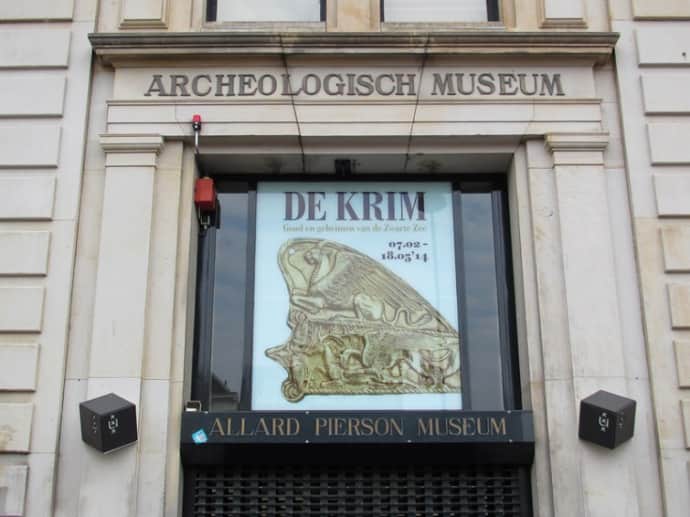
A court in Amsterdam ruled in December 2016 that the Crimean treasures should be sent to Ukraine under the Law on Heritage. However, the Crimean museums under Russian occupation began legal action to contest the ruling.
The Amsterdam Court of Appeal also upheld the claim that the Crimean artefacts should be transferred to the state of Ukraine. The final ruling was handed down on 9 June 2023 by the Supreme Court of the Netherlands. It dismissed the appeal brought by the Crimean museums and upheld the appeal judgment.
This ruling required Ukraine to pay the Allard Pierson Museum EUR111,689 plus interest for the period during which it stored the Crimean museums' artefacts.
However, last week, the Allard Pierson Museum waived the fee owed by Ukraine for its storage of the Scythian gold since 2014.
Support UP or become our patron!